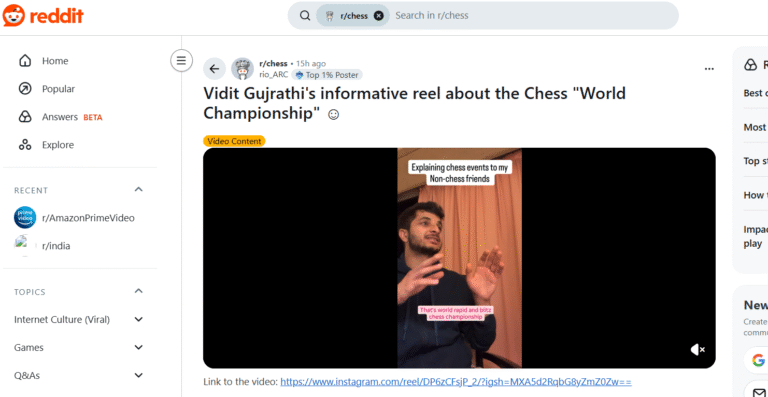
The latest news and debates have generated speculations that Meta, the corporation headed by Mark Zuckerberg, could close or restrict Facebook in certain areas of the globe. Although the company is unlikely to shut its doors, increased legal scrutiny, the emergence of new privacy regulations, and monetary problems have led to a scenario in which the actions of Facebook might be severely impacted in some nations.
The immense pressure of regulations that Meta receives in such countries as Nigeria is one of the key reasons of this concern. Various governments have imposed fines amounting to over 290 million dollars on the company due to challenges of advertising, competition and data protection.
Meta has reportedly stated that it may be forced to cease the provision of Facebook and Instagram services in the country in case it is unable to meet some of such stringent requirements. The same case has been observed in Europe, where the laws of data privacy are quite stringent. In the past, Meta has cautioned that in case it is unable to legally transfer data between the European Union and the United States, the company may be compelled to limit or even close down Facebook and Instagram in the European regions.
Meta also is altering its business direction. The firm is spending heavily on artificial intelligence and metaverse and reducing the number of projects that do not have capricious returns. To give an example, recently, the Workplace platform, created by Meta, which is designed to provide professional communication, was closed to concentrate on new technologies. This change exemplifies the efforts the company is making to pull into the future and also having difficult choices to make concerning which platforms to still maintain.
The second major problem facing Facebook is that it has ceased to grow in a number of markets. The platform relies on advertisement income greatly, and due to the introduction of more rules and restrictions by various governments, Meta has to pay lots of money to remain compliant. This has its impacts on profits and it becomes hard to sustain Facebook in every country. Analysts assume that as long as the cost would keep increasing and user interaction is still declining in certain regions, then Meta could choose to concentrate on fewer markets which it can competitively operate in.
In case, Meta chooses to shut or restrict Facebook in certain areas, it will most probably do it progressively. The company may initially censor data transfers, cut ad services or discontinue some features and then withdraw entirely. It may also make users switch to other Meta applications like Instagram or WhatsApp. These would not be instantaneous changes that would indicate the gradual retreat of Facebook out of markets that are no longer profitable or legally sustainable.
Nevertheless, numerous analysts do not think that a complete closure is quite feasible. Meta possesses massive financial resources as well as legal leverage, which enables it to bargain with the government and regulators. Instead of abandoning large regions, the company could change its systems to meet new regulations and become privacy friendly. The sheer size of Facebook user base and advertising capabilities also make it not easy to relinquish to Facebook. There are even analysts who believe that the suggestions by Meta on the prospective closure is part of its tactic in coerce governments into loosening some regulations.
Millions of people have concerns regarding the fact that Facebook can be shut down, at least regionally. Facebook has a lot of small businesses that rely on it to advertise and make sales. The site is also a communication tool between communities, families and individuals. In case Facebook should fail in some states, the economic and social life would be hit hard.
More to the point, this problem is a much bigger world-wide discussion of the privacy of data and regulation of big techs. Governments have an interest in safeguarding the information of their citizens, and corporations such as Meta would prefer to continue their business internationally that is based on information exchange across the borders. It will be the balancing of these objectives that will determine the future of the such platforms as Facebook.
Currently, Facebook does not close on the global scale but its future in some markets is unpredictable. The experience of Meta with privacy laws, data transfers, and increased costs demonstrates how weak the social media ecosystem has become. The key to its continuation or not will be the level of adaptation of the company to new digital and legal reality.








